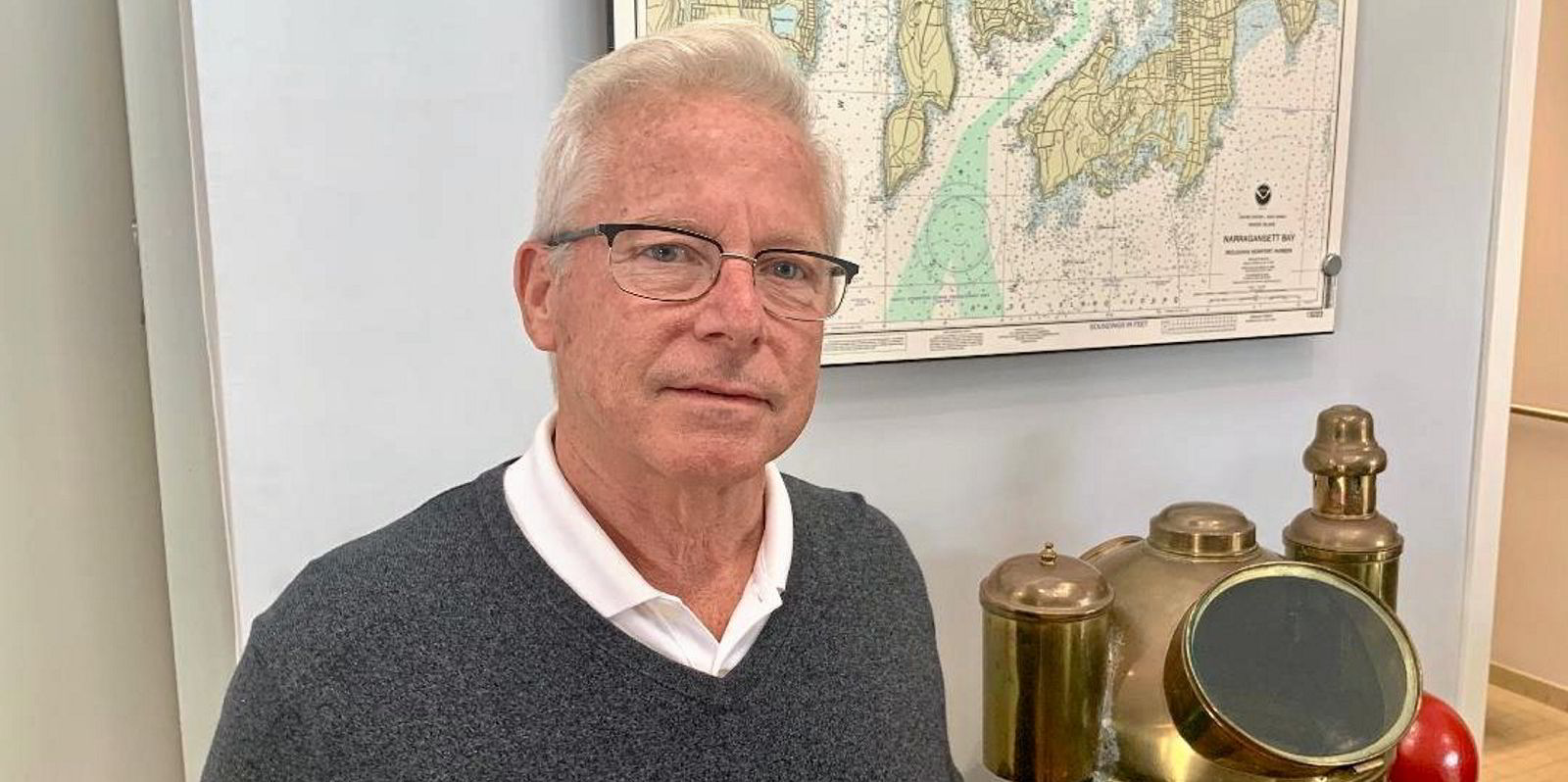Pangaea Logistics Solutions has made a rare excursion into the secondhand dry bulk market to pick up an nine-year-old ultramax bulker.
The Mark Filanowski-led niche-cargo specialist said it has paid $26.6m for the unnamed 61,000-dwt 2014-built ship, which it had previously chartered.
UK valuation platform VesselsValue said the ship is the Japanese-built CL Ebisu, formally owned by Belgian owner Conti-Lines.
The ship, which will be renamed Bulk Prudence, is expected to be delivered to Pangaea in June 2023 and will lift its owned fleet to 25 vessels.
Between its owned and short-term chartered-in fleet, Pangaea currently operates 50 vessels in worldwide trades.
“The acquisition demonstrates our continued strategic focus on maximising TCE rates through a fleet of newer, high-quality and well-maintained vessels, while providing our clients a consistent and efficient cargo transportation service,” said Filanowski.
“This vessel fits well into our core fleet, having served as a part of our chartered-in fleet in prior years, effectively serving the cargo transit requirements of our customers.
“We remain an opportunistic acquirer of high-quality, newer vessels that meet the stringent requirements of the global trades in which we operate, consistent with our disciplined approach to capital allocation.”
Pangaea’s most recent acquisition took place in August 2022, when it acquired a supramax bulker it had been chartering in for a year.
The Nasdaq-listed US owner said the unnamed 56,000-dwt vessel, built at Hyundai Vinashin Shipyard in 2010, was purchased in the secondhand market for $17.1m.
Last month, Pangaea reported net profit of $14.3m in the fourth quarter of 2022, versus the $24.9m recorded a year earlier.
In January 2023, the company agreed to sell its oldest vessel — the 52,600-dwt supramax Bulk Newport (built 2003) for $9.2m to an unidentified buyer.
The sale was in keeping with Pangaea’s aim to keep the average fleet age below 10 years.
Filanowski said the initiative would help in meeting new International Maritime Organization protocols such as the Carbon Intensity Indicator grading of individual vessels.



